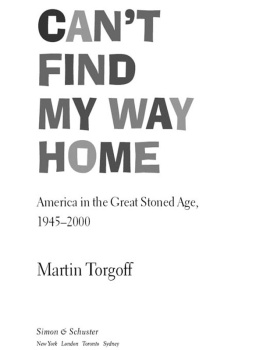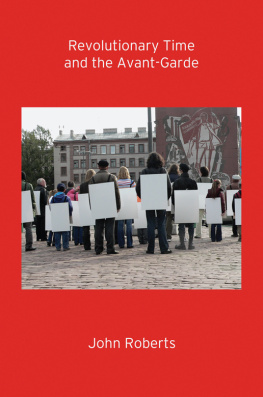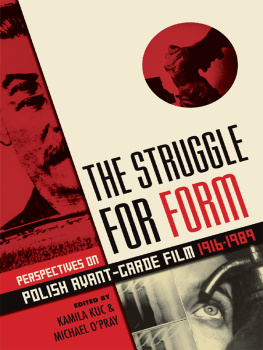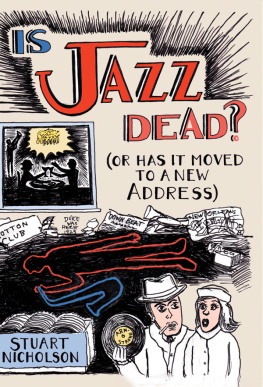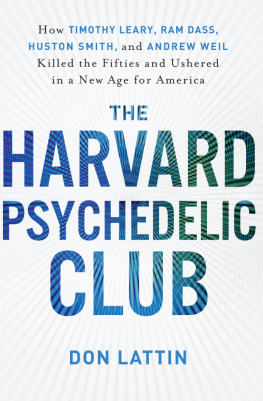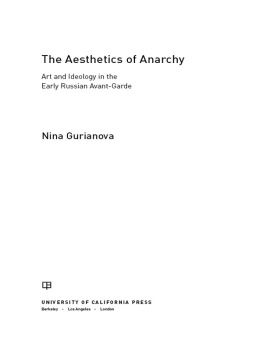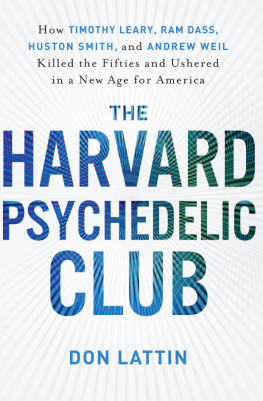Martin Torgoff - Cant Find My Way Home: America in the Great Stoned Age, 1945-2000
Here you can read online Martin Torgoff - Cant Find My Way Home: America in the Great Stoned Age, 1945-2000 full text of the book (entire story) in english for free. Download pdf and epub, get meaning, cover and reviews about this ebook. year: 2004, publisher: Simon & Schuster, genre: Non-fiction. Description of the work, (preface) as well as reviews are available. Best literature library LitArk.com created for fans of good reading and offers a wide selection of genres:
Romance novel
Science fiction
Adventure
Detective
Science
History
Home and family
Prose
Art
Politics
Computer
Non-fiction
Religion
Business
Children
Humor
Choose a favorite category and find really read worthwhile books. Enjoy immersion in the world of imagination, feel the emotions of the characters or learn something new for yourself, make an fascinating discovery.
- Book:Cant Find My Way Home: America in the Great Stoned Age, 1945-2000
- Author:
- Publisher:Simon & Schuster
- Genre:
- Year:2004
- Rating:3 / 5
- Favourites:Add to favourites
- Your mark:
Cant Find My Way Home: America in the Great Stoned Age, 1945-2000: summary, description and annotation
We offer to read an annotation, description, summary or preface (depends on what the author of the book "Cant Find My Way Home: America in the Great Stoned Age, 1945-2000" wrote himself). If you haven't found the necessary information about the book — write in the comments, we will try to find it.
Cant Find My Way Home is a history of illicit drug use in America in the second half of the twentieth century and a personal journey through the drug experience. Its the remarkable story of how America got high, the epic tale of how the American Century transformed into the Great Stoned Age.
Martin Torgoff begins with the avant-garde worlds of bebop jazz and the emerging Beat writers, who embraced the consciousness-altering properties of marijuana and other underground drugs. These musicians and writers midwifed the age of marijuana in the 1960s even as Timothy Leary and Richard Alpert (later Ram Dass) discovered the power of LSD, ushering in the psychedelic era. While President John Kennedy proclaimed a New Frontier and NASA journeyed to the moon, millions of young Americans began discovering their own new frontiers on a voyage to inner space. What had been the province of a fringe avant-garde only a decade earlier became a mass movement that affected and altered mainstream America.
And so America sped through the century, dropping acid and eating magic mushrooms at home, shooting heroin and ingesting amphetamines in Vietnam, snorting cocaine in the disco era, smoking crack cocaine in the devastated inner cities of the 1980s, discovering MDMA (Ecstasy) in the rave culture of the 1990s.
Cant Find My Way Home tells this extraordinary story by weaving together first-person accounts and historical background into a narrative vast in scope yet rich in intimate detail. Among those who describe their experiments with consciousness are Allen Ginsberg, Timothy Leary, Robert Stone, Wavy Gravy, Grace Slick, Oliver Stone, Peter Coyote, David Crosby, and many others from Haight Ashbury to Studio 54 to housing projects and rave warehouses.
But Cant Find My Way Home does not neglect the recovery movement, the war on drugs, and the ongoing debate over drug policy. And even as Martin Torgoff tells the story of his own addiction and recovery, he neither romanticizes nor demonizes drugs. If he finds them less dangerous than the moral crusaders say they are, he also finds them less benign than advocates insist.
Illegal drugs changed the cultural landscape of America, and they continue to shape our country, with enormous consequences. This ambitious, fascinating book is the story of how that happened.
Martin Torgoff: author's other books
Who wrote Cant Find My Way Home: America in the Great Stoned Age, 1945-2000? Find out the surname, the name of the author of the book and a list of all author's works by series.

